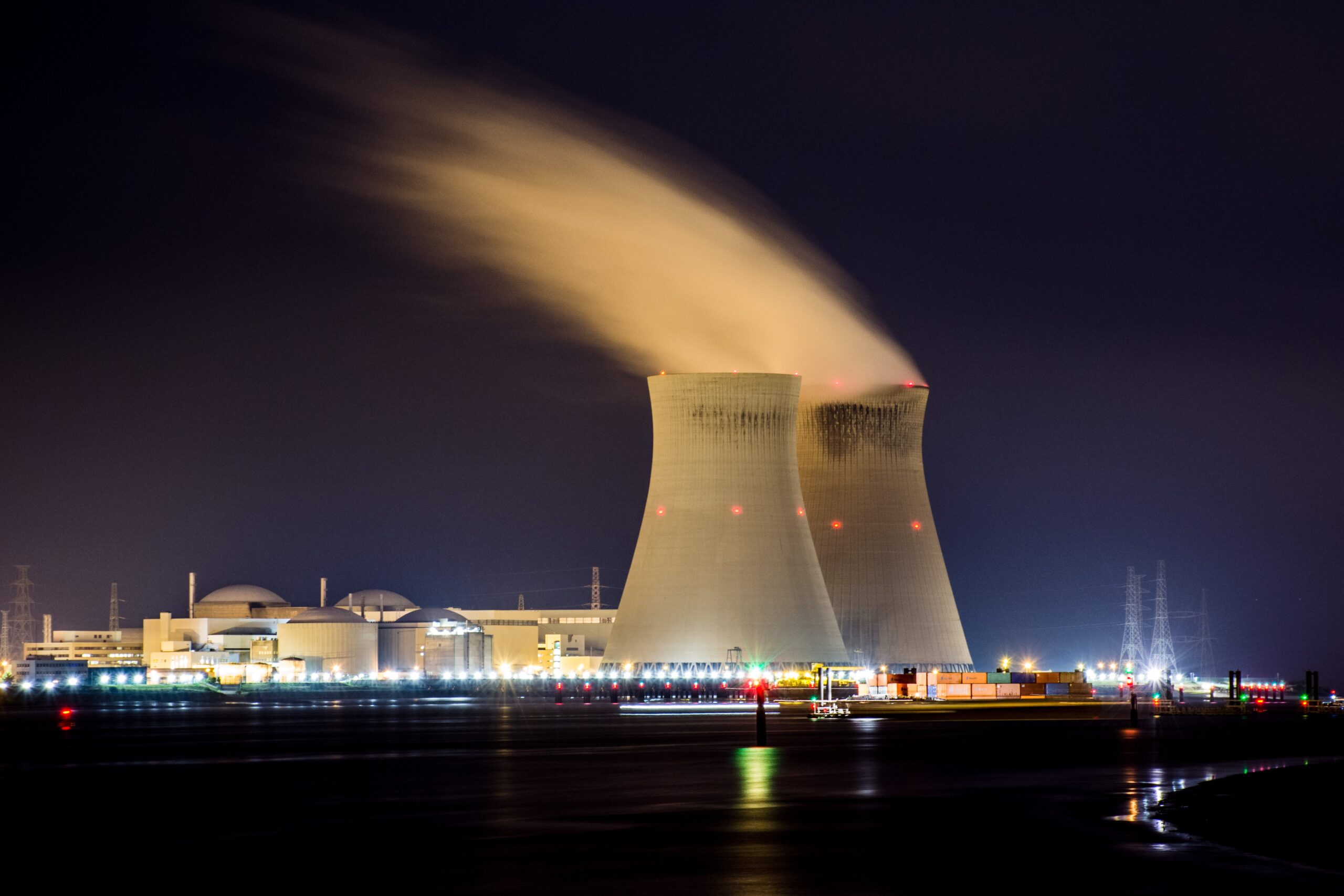A new investigation into the EU’s ‘dirtiest’ air passenger carriers has been published as campaigners push to end the ‘license to pollute for free’.
Ryanair and Lufthansa have topped a table of Europe’s most polluting airlines for 2021. Research by Transport & Environment (T&E), the continent’s leading clean transport campaign group, shows the two air travel giants also received the highest value free CO2 permits, respectively €191m and €108m. Critics argue the licenses effectively give approval to pollute without financial repercussions.
In total, the ten airlines producing the most emissions in were responsible for 28m tonnes of CO2 in 2021, and collectively received €683m worth in free CO2 permits. Of these, four firms – Lufthansa, easyJet, Air France, and SAS – received more value in permits than the CO2 they emitted, meaning surplus allowance can be rolled over and used in the future. Air France is also currently lobbying for a three year delay in the phasing out of free allowances, which would allow airlines to continue polluting without paying any money after 2030.
‘The EU claims to be a global leader in carbon markets, but for too long has left the bulk of its aviation emissions underpriced and oversubsidised. As a result, the aviation industry has avoided paying its climate costs. These free allowances are a legacy that have no place, given the climate crisis we are facing. The EU needs to put an end to the get out of jail free cards for aviation,’ said Andrew Murphy, aviation director at T&E.

Europe’s ten most polluting airlines, and the value of their free CO2 permits. (Source: T&E)
‘Although the industry has not fully recuperated from the pandemic slump, airline emissions figures are still way above where they should be. The EU’s climate packages for aviation are not stringent enough,’ he added. ‘The pandemic offered a once in a lifetime opportunity to reduce the growth of the aviation sector, and an incentive to build back green. But none of this has happened.’
In related news, earlier this year T&E produced a new policy paper showing how zero-emission flights could be rolled out as early as 2028.
Image credit: Joachim Süß
















